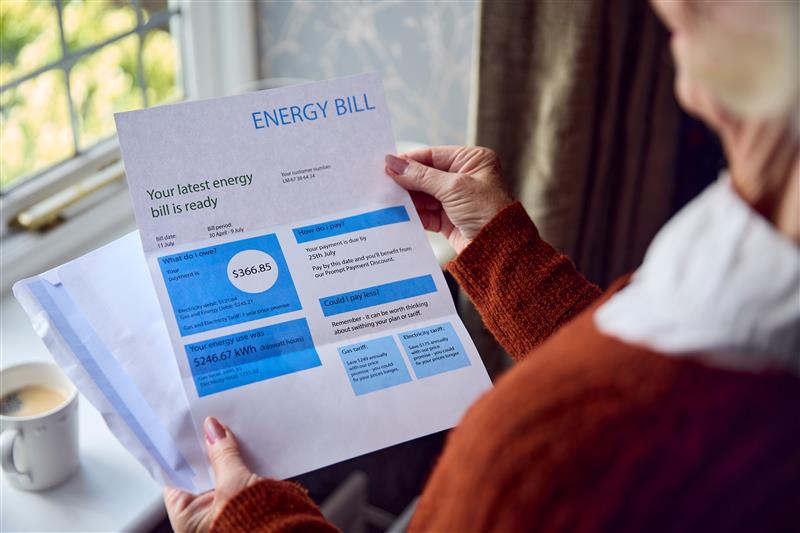
Mental Health
Latest News
Latest Videos

Podcasts
CME Content
More News

A self-help app based on cognitive behavioral therapy improved depression, self-esteem, and quality of life in adults with intellectual disabilities.

Study finds slight temperature shifts are linked to changes in physiological stress responses.

Altering gut motility, fueling inflammation, and disturbing microbes are some of the ways stress and anxiety can disrupt gut health.

On this episode of Managed Care Cast, experts discuss behavioral health services, stigma reduction, and the 4 dimensions of recovery.

Hearing loss affects mental health, cognition, relationships, and care access, but early intervention and holistic support can improve quality of life.

Research shows that integrating pediatric behavioral health services reduces depression and anxiety symptoms, improving outcomes for children in primary care settings.

A secret shopper survey (N = 8306) in Pennsylvania’s Affordable Care Act (ACA) Marketplace found inconsistencies between carrier regulatory filings and provider directories, frequent inaccuracies in regulatory filings, and challenges in securing timely appointments.

Jack Tsai, PhD, MSCP, emphasized that comparing the methods of different jurisdictions can aid decision-making as the new executive order is enacted.

Kristen R. Choi, PhD, PMHNP-BC, FAAN, discussed how the new executive order aimed at addressing homelessness could result in adverse consequences.

A primary care–based collaborative care model significantly cut opioid use, though mental health outcomes remained unchanged.

US adults who were displaced and never returned home due to a natural disaster had the highest odds of developing depression or anxiety.

A new national poll puts on full display the concerns of many parents that their children’s mental health and physical health are worsening, and that social media leads the way as a top cause.

As the demand for mental health care grows, calls for restructuring what some consider a broken system are louder than ever, with overburdened providers and patients' needs constantly evolving.

A meta-analysis showed that control group outcomes in psilocybin trials for depression were significantly weaker than those in selective serotonin reuptake inhibitor (SSRI) and esketamine trials, suggesting that psilocybin’s large observed treatment effects may be inflated by methodological factors such as functional unblinding and expectancy bias.

The Commonwealth Fund’s updated July 2025 brief on maternal mortality highlights how systemic disparities, Medicaid coverage gaps, and behavioral health challenges continue to drive poor maternal and infant outcomes across the United States.

Key legal, ethical, and compliance considerations for managed care professionals navigating the evolving landscape of psychedelic-assisted therapy include regulatory risks, data privacy challenges, reimbursement limitations, and the need for culturally informed care models.

Individuals With Mental Illness Continue to Face Barriers in Access to Care: Michael McGuire, PharmD
Individuals with mental illness in America continue to face socioeconomic barriers when it comes to accessing necessary care and treatment.

Michael McGuire, PharmD, reviewed Mental Health America’s recent publication on the current state of mental health in America and addressed socioeconomic barriers in access to care.

Patients who experienced a formulary-related rejection of cariprazine for adjunctive treatment of major depressive disorder had significantly higher hospitalization rates than those with approved claims.

National Minority Mental Health Month emphasizes the persistent mental health disparities among US racial and ethnic minorities, stemming from lower access to services, lack of culturally competent providers, discrimination, and medical mistrust, underscoring the need for dedicated resources and community action.

New research demonstrates a swift directional relationship between food insecurity and increased anxiety and depression, highlighting the urgent need for interventions to improve mental health.

Explore how health equity initiatives aim to improve health care access and reduce disparities in mental health and opioid treatment.

Explore how the Collaborative Care Model enhances mental health access in this episode featuring Anna Bobb, MPH, executive director of the Path Forward coalition.

Rachel Rohaidy, MD, of Miami Neuroscience Institute and Baptist Health, discusses how the evolving treatment landscape is reducing stigma around relapse and why ongoing recovery requires daily commitment.

The elimination of the program addressing LGBTQ+ individuals on the national suicide hotline makes reaching specialized help harder, says Hannah Wesolowski of the National Alliance on Mental Illness.


















